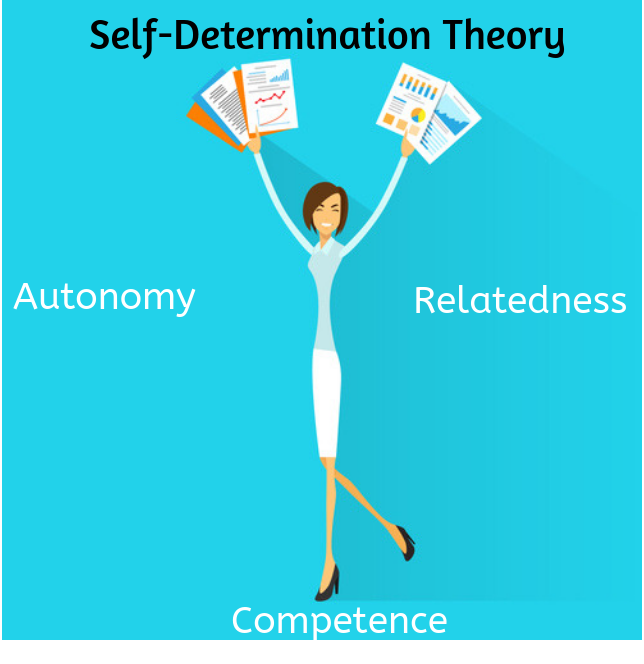Three years ago, I completed a certificate program in Positive Psychology. What prompted my interest in the course was the data being gathered. Researchers are doing quantifiable studies to prove what we may know on an intuitive basis. For instance, taking the time to talk to your employees makes employees feel better about their jobs; and helping others makes us happier in the long run. Of particular note is the body of research done in the field of motivation that has implications for those wanting to create a flourishing culture.
Richard M. Ryan and Edward I. Deci developed a theory of well-being called Self Determination Theory (SDT) three decades ago. Over the years, this theory has been expanded upon and fine-tuned by scholars and researchers throughout the world. The thinking behind SDT is we are organisms with a propensity towards growth. We grow as we master life’s challenges and integrate learnings into a coherent sense of who we are. That said, we are not organisms in a petri dish. We don’t live in a controlled environment. Whether or not we develop our natural tendencies depends upon the world in which we operate.
SDT posits that we have basic psychological needs. These include:
- A need for autonomy – a sense that we have a choice and some control over our lives and environment;
- A need for competence – a feeling of self-worth derived from knowing we can make a contribution; and
- A need for relatedness – a feeling of connection with others because we feel cared for.

When the conditions in which we work and live support these basic needs, we flourish and grow. When the conditions thwart these needs, we will not thrive and function effectively.
My intention for this blog was to introduce you to the theory and to leave you wanting more. In upcoming blogs, I will focus on SDT and motivation and provide you with some practical applications. This is time well spent because the research around SDT is foundational for a flourishing culture. Studies have shown that organizations that focus on satisfying these three basic psychological needs develop employees who are intrinsically motivated. This, in turn, drives their performance, and their feelings of job satisfaction and well-being.
So, stay tuned to find out more!

0 Comments Leave a comment